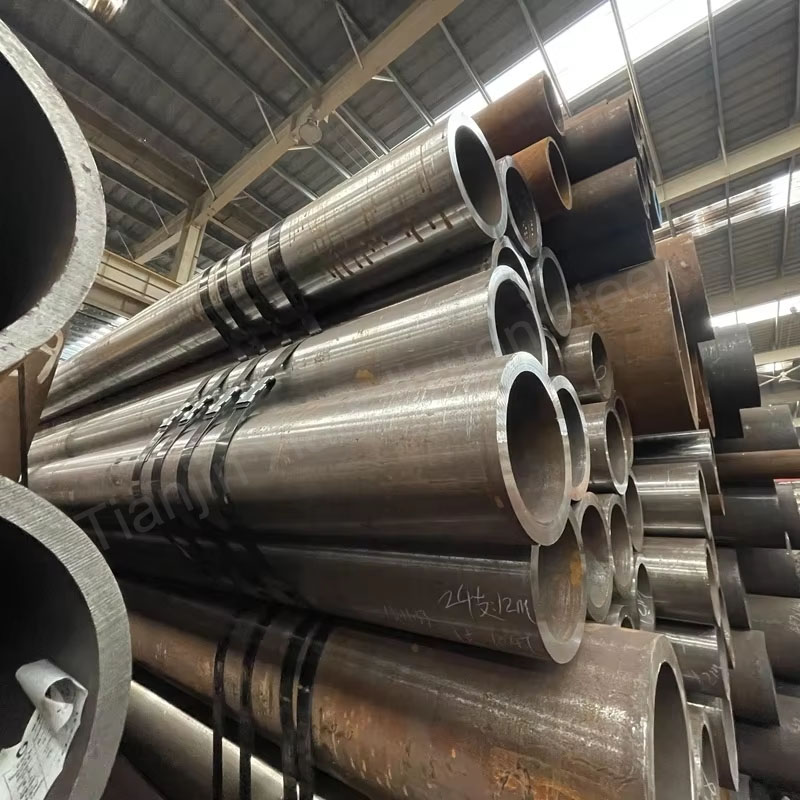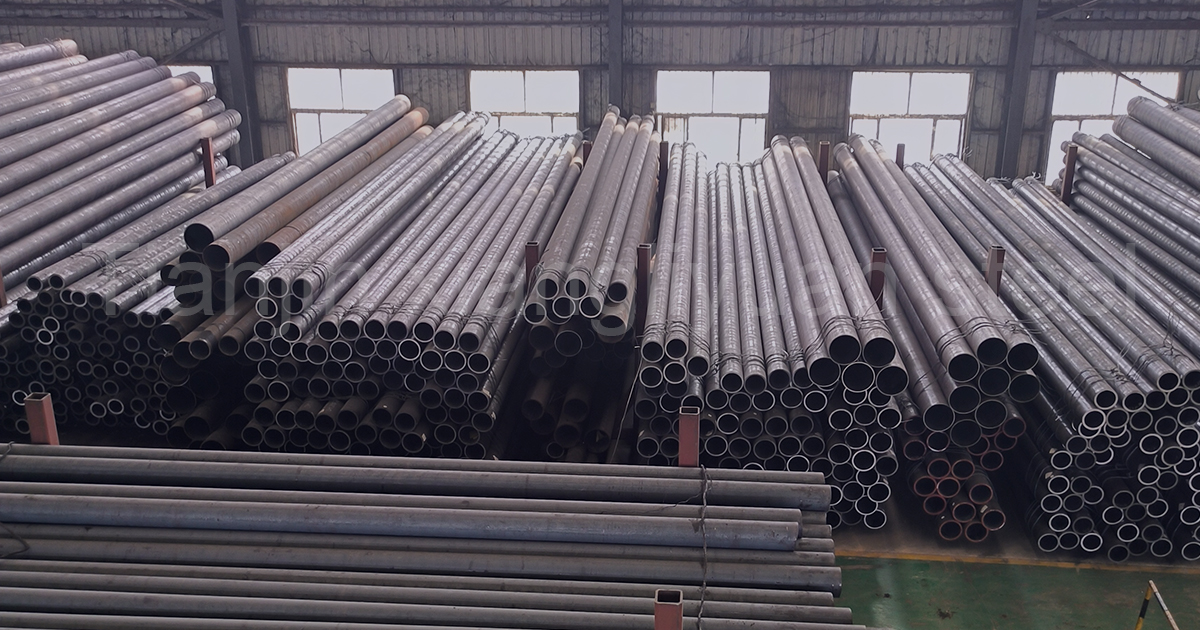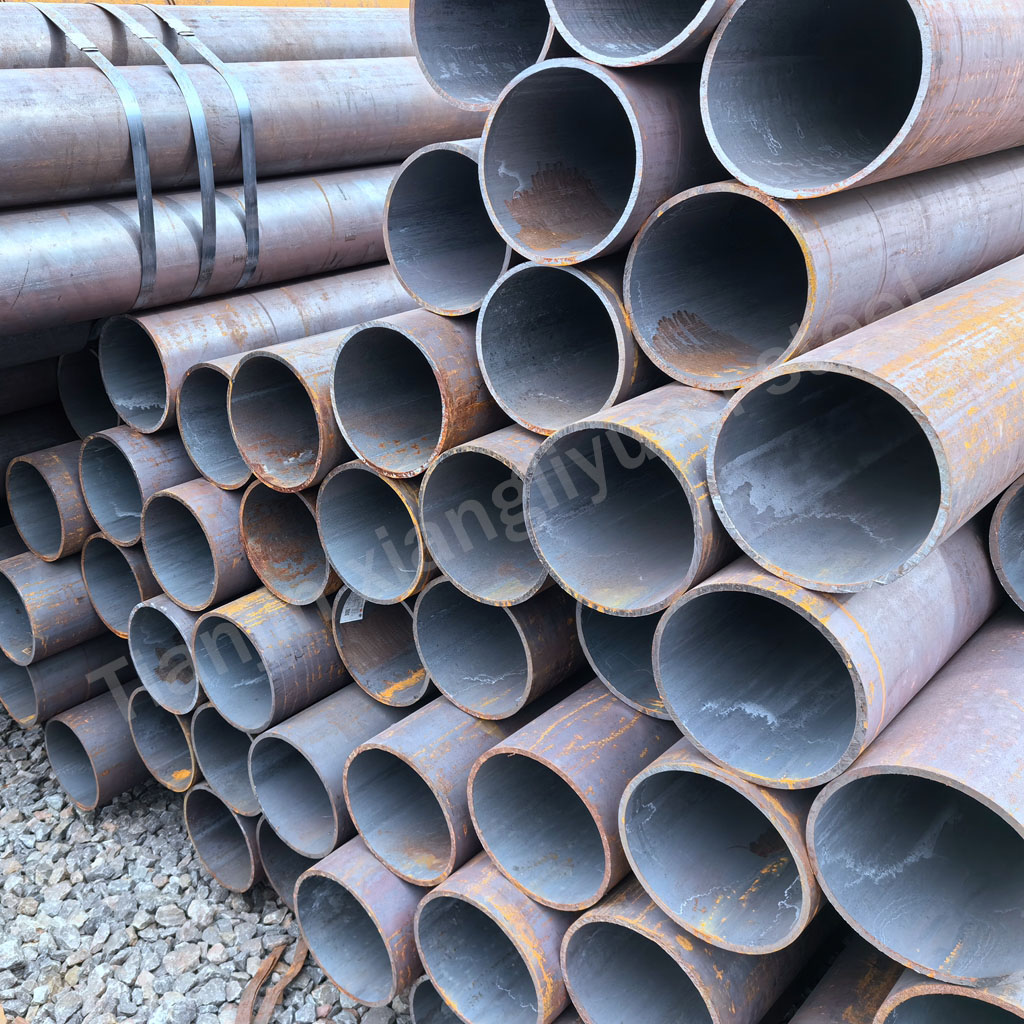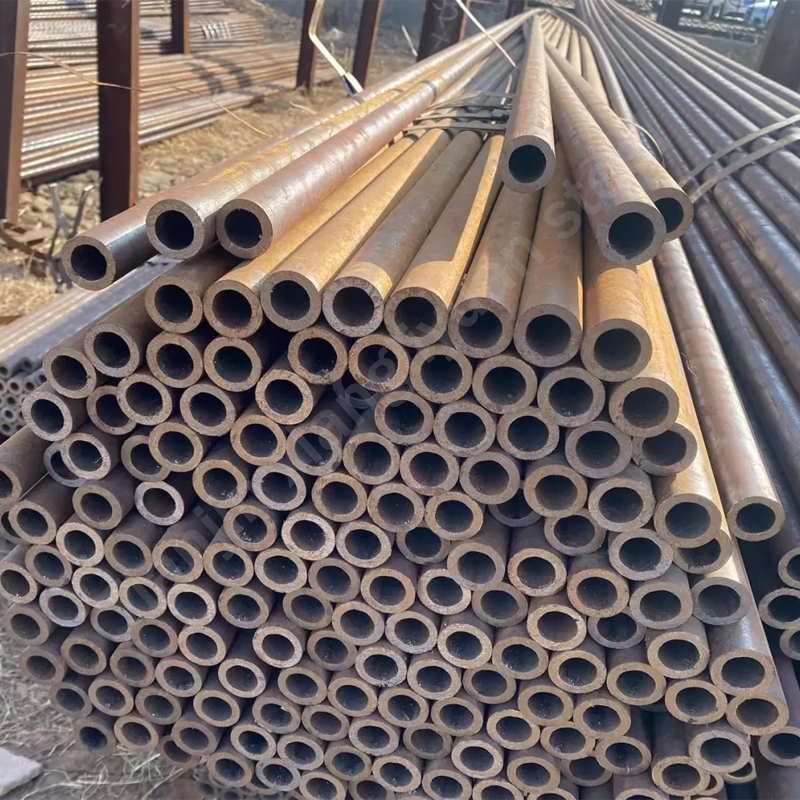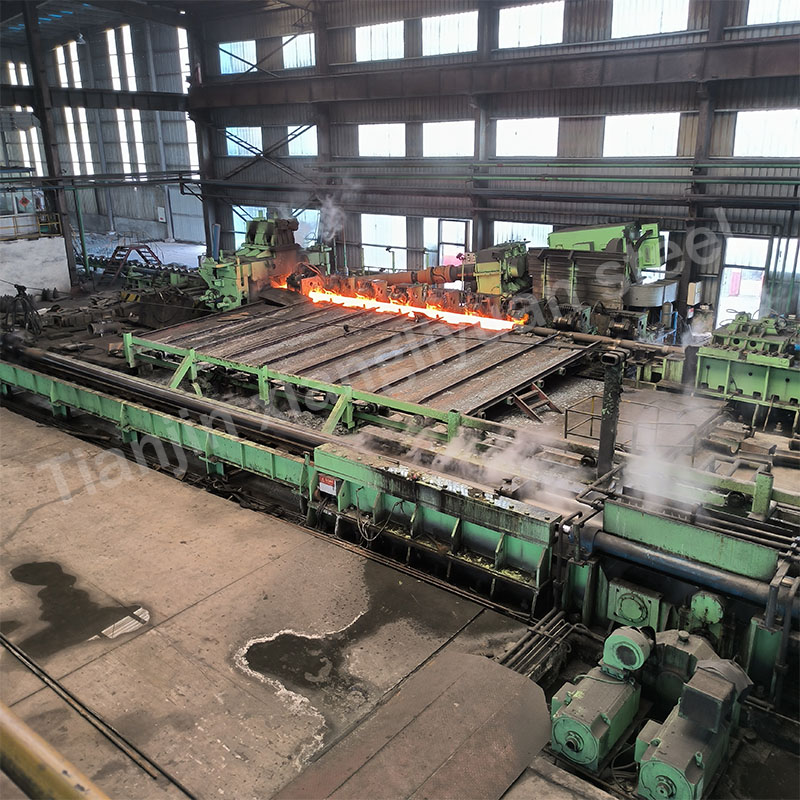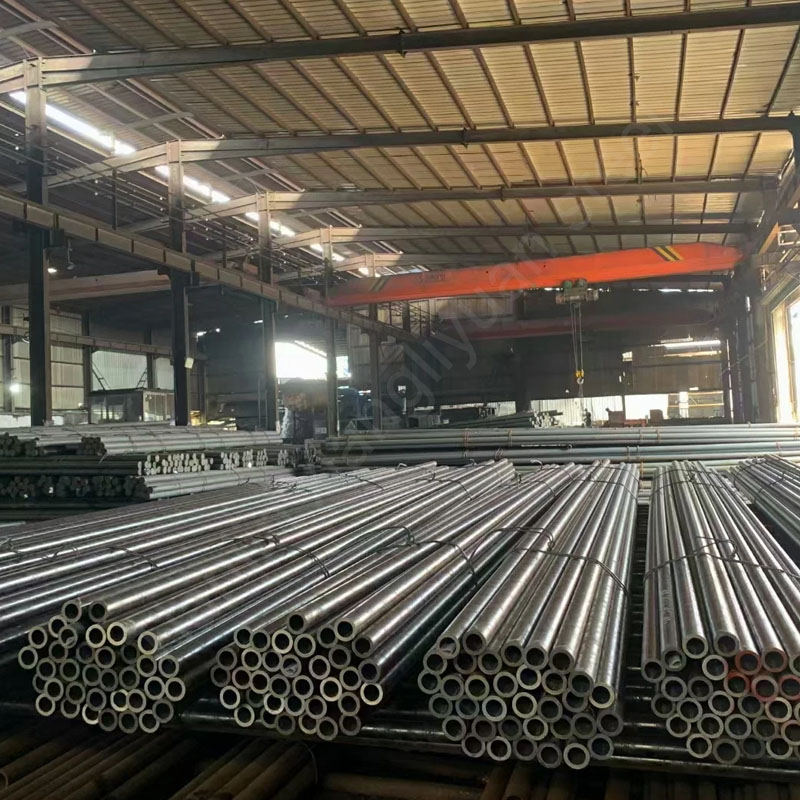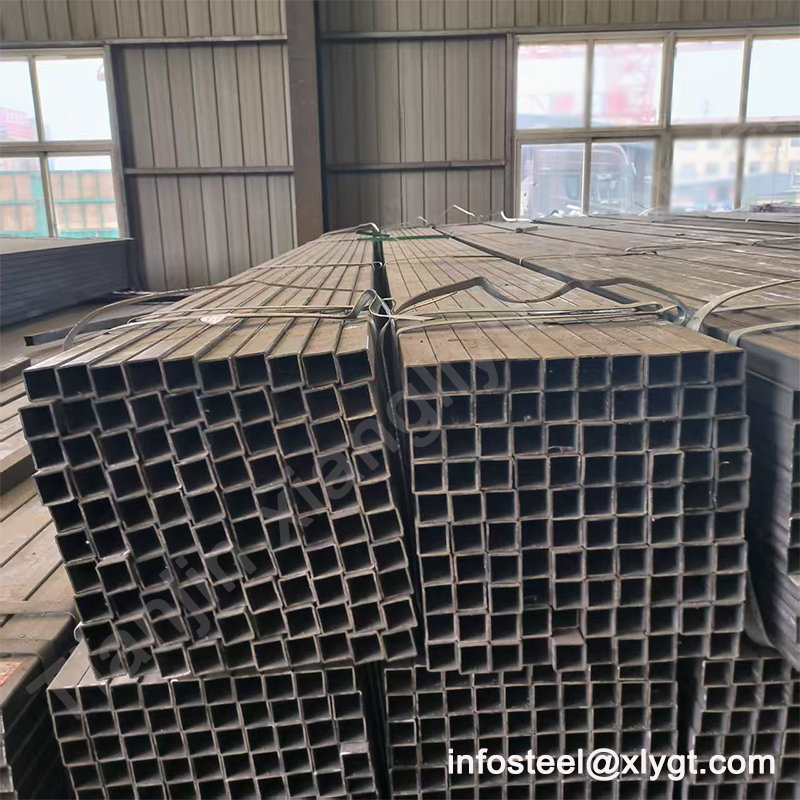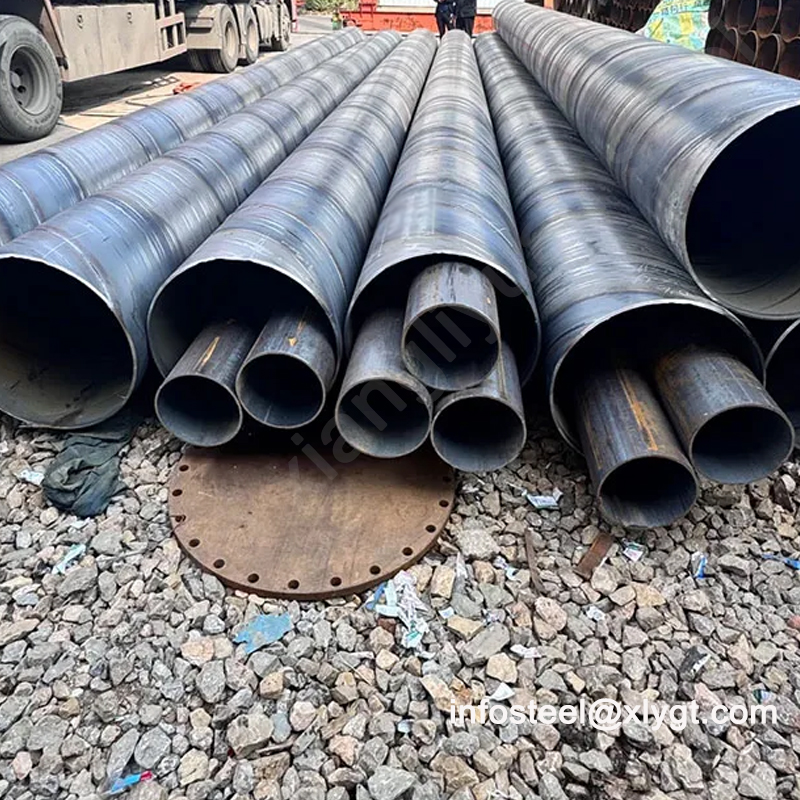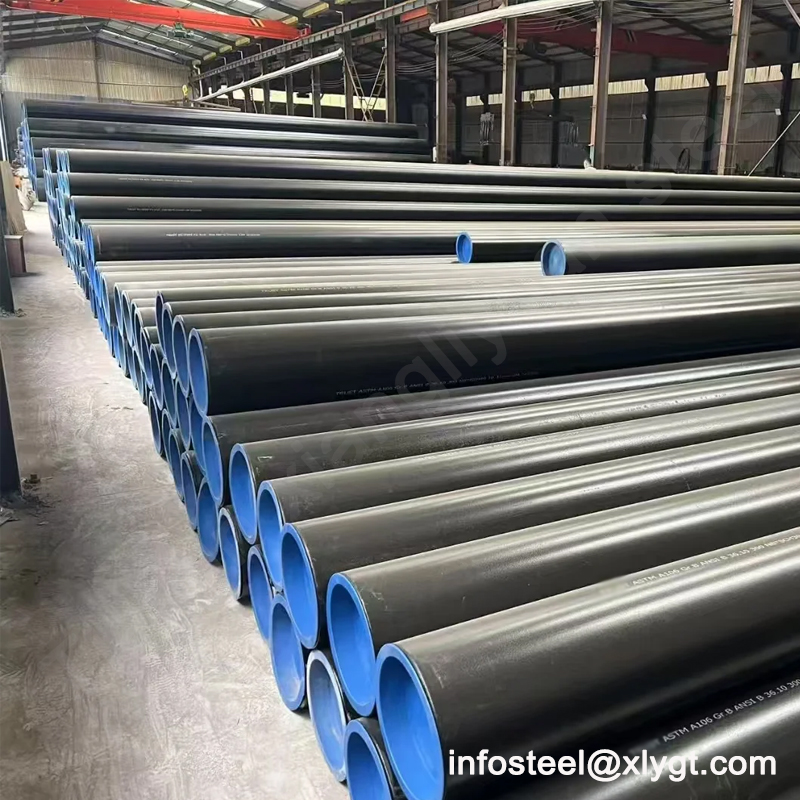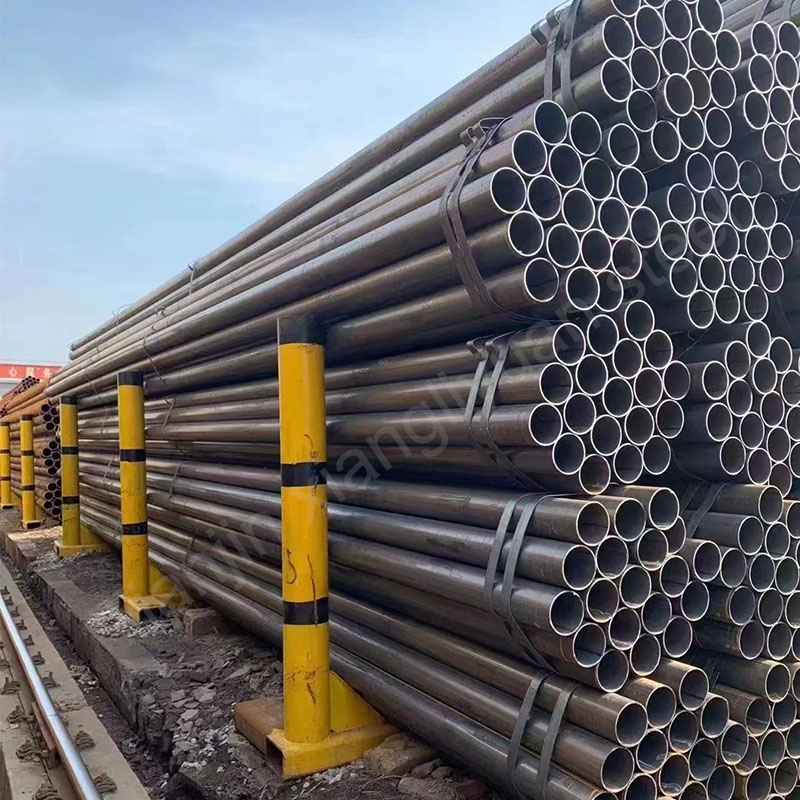Procuring steel pipes for your industrial or construction project is a critical path activity. The right pipes ensure structural integrity, system efficiency, and long-term safety. The wrong choice can lead to catastrophic failures, costly delays, project overruns, and significant legal liabilities. In the global marketplace,
In industrial and construction applications, the true value of a steel pipe is measured not just by its initial cost or specifications, but by its proven reliability and durability over decades of service. Premature failure, corrosion, or maintenance issues can lead to catastrophic downtime, safety
Choosing the correct steel pipe is a critical decision impacting the safety, cost, and longevity of any project. The core of this decision lies in understanding the intrinsic properties of the pipe material itself. At Tianjin Xiangliyuan Steel, we specialize in manufacturing pipes from a
The steel pipes that form the arteries of global industry are masterpieces of modern engineering, born from a symphony of precision processes, advanced metallurgy, and relentless quality control. For professionals in procurement, engineering, and project management, understanding these manufacturing nuances is key to specifying the
In the vast ecosystem of industrial materials, steel pipes are not a monolithic product but a diverse family of engineered solutions, each designed to excel in specific, often demanding, environments. From the deepest oil wells to the tallest skyscrapers and the most complex industrial plants,
Steel pipes are the unsung heroes of modern infrastructure and industry. As a fundamental component in construction, energy, transportation, and manufacturing, they provide the essential conduits for fluids, gases, and structural support that keep our world functioning. At Tianjin Xiangliyuan Steel, we have dedicated ourselves
Let's be honest: sometimes the most remarkable solutions are the ones that do the simple jobs perfectly. In our world at Tianjin Xiangliyuan Steel, while we pride ourselves on producing high-alloy pipes for extreme conditions, we hold a special appreciation for a true industry workhorse:
Let’s be honest. When you're planning a pipeline project, you're not just moving a fluid from point A to point B. You're building a critical, long-lasting asset. You're balancing design pressures, terrain challenges, safety margins, and budget realities. You need a pipe that gives you
As a premier Chinese manufacturer specializing in high-performance steel pipes for demanding industrial applications, we recognize that material selection is critical for operational safety and longevity. Among our specialized product offerings, API 5L L245NS steel pipe stands out as a purpose-engineered grade designed to withstand
As a premier manufacturer in China's steel pipe industry, we are committed to providing reliable and cost-effective solutions for energy transportation and industrial infrastructure worldwide. Among our extensive product portfolio, API 5L L245N steel pipe stands as a fundamental and widely specified grade for numerous

